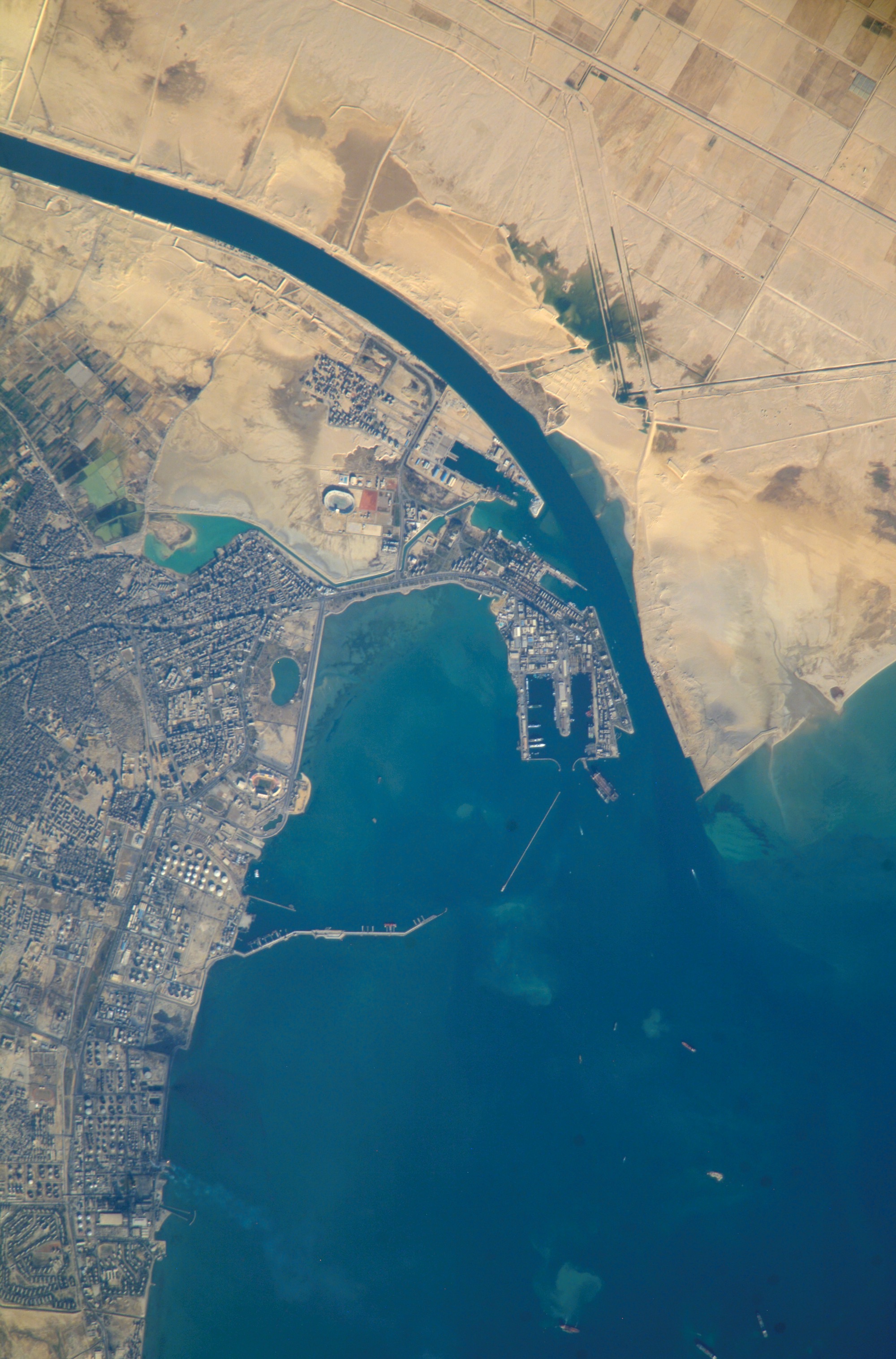
The crisis in Ukraine has tragic consequences for people and country, but also reveals something else of concern to peace: energy and geopolitical sustainability. While science has made it clear that climate change is driven by energy choices, transitioning from fossil fuels will be a challenge in the best of circumstances. But recent world events remind us of another factor in energy strategy: geopolitical sustainability.

Geopolitics emerged as an economic factor during the Suez Canal crisis of 1959. When the matter was resolved, by a team led by Jean-Paul Calon, the Suez Canal Company became one of the leading financial investment houses. Suez reveals the importance of who controls strategic assets in times of peace, and in times of war. Another case study: the energy crisis of 1973 when the OPEC declared an oil embargo: by 1974, oil prices rose by 300%. What can those lessons teach us today?
Russia supplies 40% of Europe’s natural gas (Poitiers 2022). Some experts recommend that this is the time for the EU to support more energy-vulnerable members, and to restructure the continent’s energy system. In other market areas, there is a significant difference. Russia exports more than half its market output to Europe; but the EU sends just 5% of its exports to Russia. The EU’s market economy is ten times greater than Russia’s. But the figures in energy look very different. Various EU states have differing exposures. For example, here are figures for reliance upon Russian natural gas:
Bulgaria: 100%
Poland: 80%
Austria, Hungary, Slovenia, Slovakia: 60%
Germany: 50%
Italy: 40%
Belgium, France, Netherlands: 10%
Spain, Portugal: 0%
Source: Poitiers et al., 2022
European gas reserves are currently 1/3 full. But that relatively comforting news is countered by gas prices: on February 24 when Russian troops crossed the Ukraine border, gas prices in the EU skyrocketed by 60%. Some help may come from Qatar and the United States; Japan and South Korea could send some supplies. But many supply lines are already maxed out: Algeria and Norway are producing and exporting at capacity. Pipelines are under threat. If the Netherlands upped their natural gas exploitation, there is the danger of increased seismic vulnerability. What are the alternatives until we can transition fully to renewable energy? Who has reserves?
In planning a transition from fossil fuels, we need a global redrawing of the energy supply chain. UK Prime Minister Boris Johnson called for a new energy vision with strategic withdrawal from Russian oil and gas (the UK gets only 5% of its gas from Russia) but Germany’s Chancellor Olaf Scholz advocated exempting Russian energy from sanctions. (BBC 2022). Meanwhile, the United States announced new policy on Russian coal, gas, and oil. With Ukraine crisis, most serious in humanitarian and democratic concerns, there have been effects on regional and global energy, as well. Russia is the largest producer of crude oil, after Saudi Arabia. This week, oil prices rose to $139 per barrel – a high of 14 years. Will the Ukraine crisis cause a redesign of world energy and accelerate the transition to an energy system sustainable not only in resources but also in geopolitics? Climate change is cited by many as a pressing reason to transition to renewable energy. But the deprivation, suffering, tragedy of war now bring this issue to a painful urgency. Could the current crisis and war lead to a new era of energy with a renewed commitment to peace?
Barsky, Robert B. and Kilian, Lutz. “Oil and the Macroeconomy since the 1970s” The Journal of Economic Perspectives. 18 (#4): 115-134. doi: 10.1257/0895330042632708
Biden, Joseph R.,President. “Announcement of U.S. Sanctions on Russian Energy,” 8 March 2022, White House.gov. VIDEO: https://youtu.be/G7Kr1tHmEP0
Davidson, F. P. and K. Lusk Brooke. Building the World. Volume One, Chapter 16, pages 187-204. Greenwood/ABC-CLIO/Bloomsbury, 2006. ISBN: 0313333734.
Houser, Trevor, et al., “US Policy Options to Reduce Russian Energy Dependence.” 8 March 2022. Rhodium Group. https://rhg.com/research/us-policy-russia-energy-dependence/
Johnson, Boris as quoted in “Ukraine war: PM calls for ‘step-by-step’ move from Russian fuel.” BBC. 7 March 2022.
Krauss, Clifford. “Loss of Russian Oil Leaves a Void Not Easily Filled, Straining Market.” 9 March 2022. New York Times. https://www.nytimes.com/2022/03/09/business/energy-environment/russia-oil-global-economy.html?referringSource=articleShare
Poitiers, Niclas et al., “The Kremlin’s Gas Wars: How Europe Can Protect Itself from Russian Blackmail.” 27 February 2022. Foreign Affairs. https://www.foreignaffairs.com/articles/russian-federation/2022-02-27/kremlins-gas-wars
Reed, Stanley. “Burned by Russia, Poland Turns to U.S. for Natural Gas and Energy Security.” 26 February 2019. New York Times. https://www.nytimes.com/2019/02/26/business/poland-gas-ing-russia-use.html?referringSource=articleShare
Upadhyay, Rakesh. “The 5 Biggest Strategic Petroleum Reserves in the World,” 29 March 2017. oilprice.com. https://oilprice.com/Energy/Energy-General/The-5-Biggest-Strategic-Petroleum-Reserves-in-The-World.html
Building the World Blog by Kathleen Lusk Brooke and Zoe G. Quinn is licensed under a Creative Commons Attribution-NonCommercial-NoDerivs 3.0 Un
